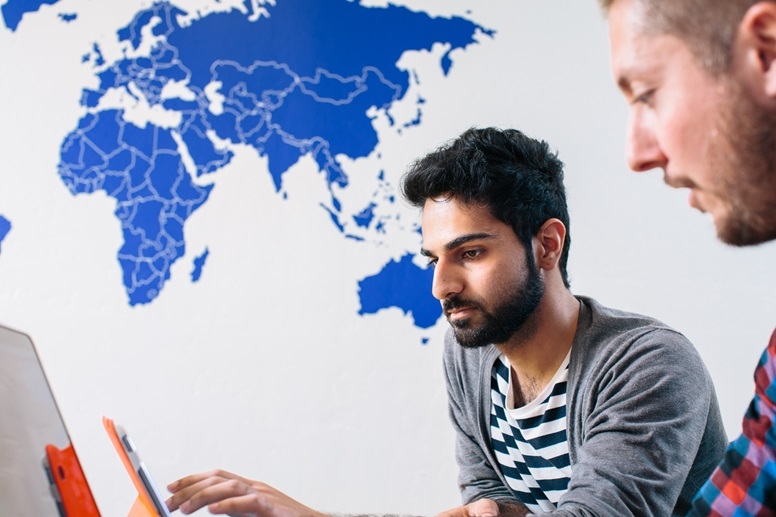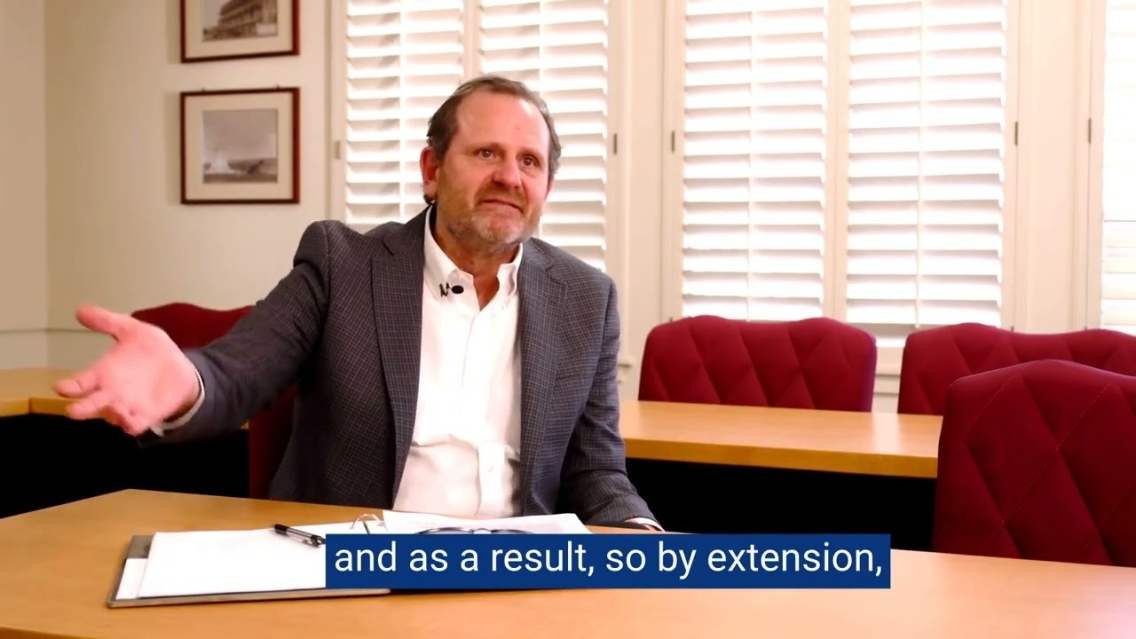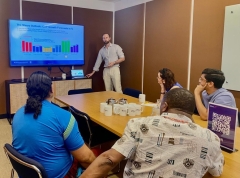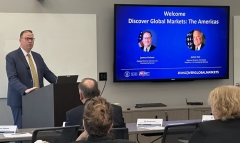Students Crunch Data for Federal Agencies to Help Thwart Global Crime and Drive Trade Growth
| by Caitlin Fillmore
The analyses run by Middlebury Institute students have supported federal investigations into trade-based financial crimes—and helped students land jobs.





